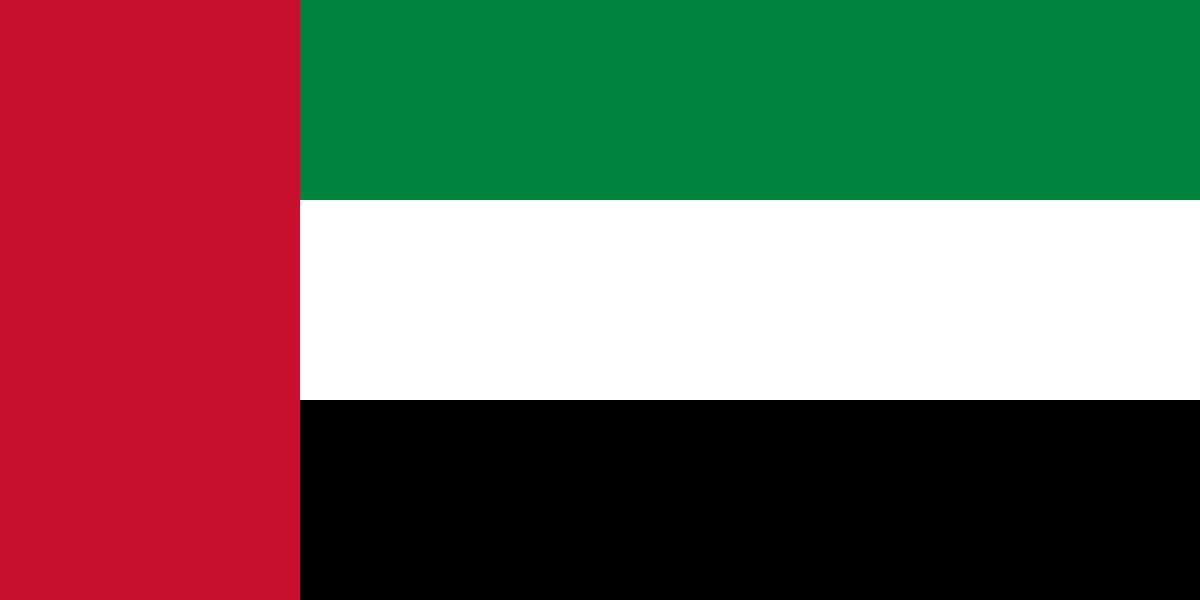UAE Non-Oil Sector Output Strengthens As Sales Hit Four-Year Low
Growth in the United Arab Emirates' non‐oil private sector held above the threshold indicating expansion in August, buoyed by stronger output, even as sales registered their weakest performance in more than four years. The S&P Global UAE Purchasing Managers' Index edged up to 53.3 from July's reading of 52.9, affirming ongoing growth but reflecting persistent underlying challenges.
Despite the headline PMI maintaining expansionary territory, new orders – a key component signalling future activity – slipped to 53.1 from 54.2, marking the lowest level since June 2021. Market analysts attributed the slowdown to intensifying competition and ongoing supply‐chain disruptions, which have left firms cautious about securing fresh demand.
Output, by contrast, reached its highest point in six months. Companies reported heightened activity stemming from longstanding project backlogs and resurging demand in domestic markets. These dynamics provided a buffer against the slump in new orders, helping sustain overall business momentum.
Purchasing activity, however, recorded a contraction-the first in over four years-as firms scaled down inventory in response to softening demand. This marked a notable shift from previous months, when stockpiling helped support operations amid uncertainty.
Cost pressures mounted further, with wage inflation climbing to its highest level in 15 months. Firms passed on rising expenses, resulting in the steepest increase in selling prices in five months-signalling margin pressures across the sector.
Business sentiment remained remarkably resilient. Firms cited steady domestic conditions and robust client relationships as sources of optimism, with confidence levels improving over the prior month.
The outlook in Dubai painted a marginally rosier picture: its non‐oil PMI rose slightly to 53.6, supported by a robust expansion in output-the fastest in seven months.
See also Sheikh Zayed Grand Mosque Surges in Global RankingWaves of regional geopolitical tensions, including disruptions to tourism and trade, had already weakened demand during July, pushing the UAE's non‐oil PMI down to 52.9-its lowest level since mid‐2021. Yet, firms continued to lean on backlog execution to maintain operating levels.
Looking ahead, the trade-off between rising output and softer new business underscores fragile growth dynamics. On one hand, domestic and backlog-driven activities are lending short-term resilience; on the other, cooling sales and elevated input costs suggest that sustaining the current pace may prove challenging if headwinds persist.
Notice an issue? Arabian Post strives to deliver the most accurate and reliable information to its readers. If you believe you have identified an error or inconsistency in this article, please don't hesitate to contact our editorial team at editor[at]thearabianpost[dot]com . We are committed to promptly addressing any concerns and ensuring the highest level of journalistic integrity. Legal Disclaimer:
MENAFN provides the
information “as is” without warranty of any kind. We do not accept
any responsibility or liability for the accuracy, content, images,
videos, licenses, completeness, legality, or reliability of the information
contained in this article. If you have any complaints or copyright
issues related to this article, kindly contact the provider above.
Most popular stories
Market Research

- Daytrading Publishes New Study On The Dangers Of AI Tools Used By Traders
- Primexbt Launches Empowering Traders To Succeed Campaign, Leading A New Era Of Trading
- Wallpaper Market Size, Industry Overview, Latest Insights And Forecast 2025-2033
- Excellion Finance Scales Market-Neutral Defi Strategies With Fordefi's MPC Wallet
- ROVR Releases Open Dataset To Power The Future Of Spatial AI, Robotics, And Autonomous Systems
- Ethereum-Based Meme Project Pepeto ($PEPETO) Surges Past $6.5M In Presale






















Comments
No comment